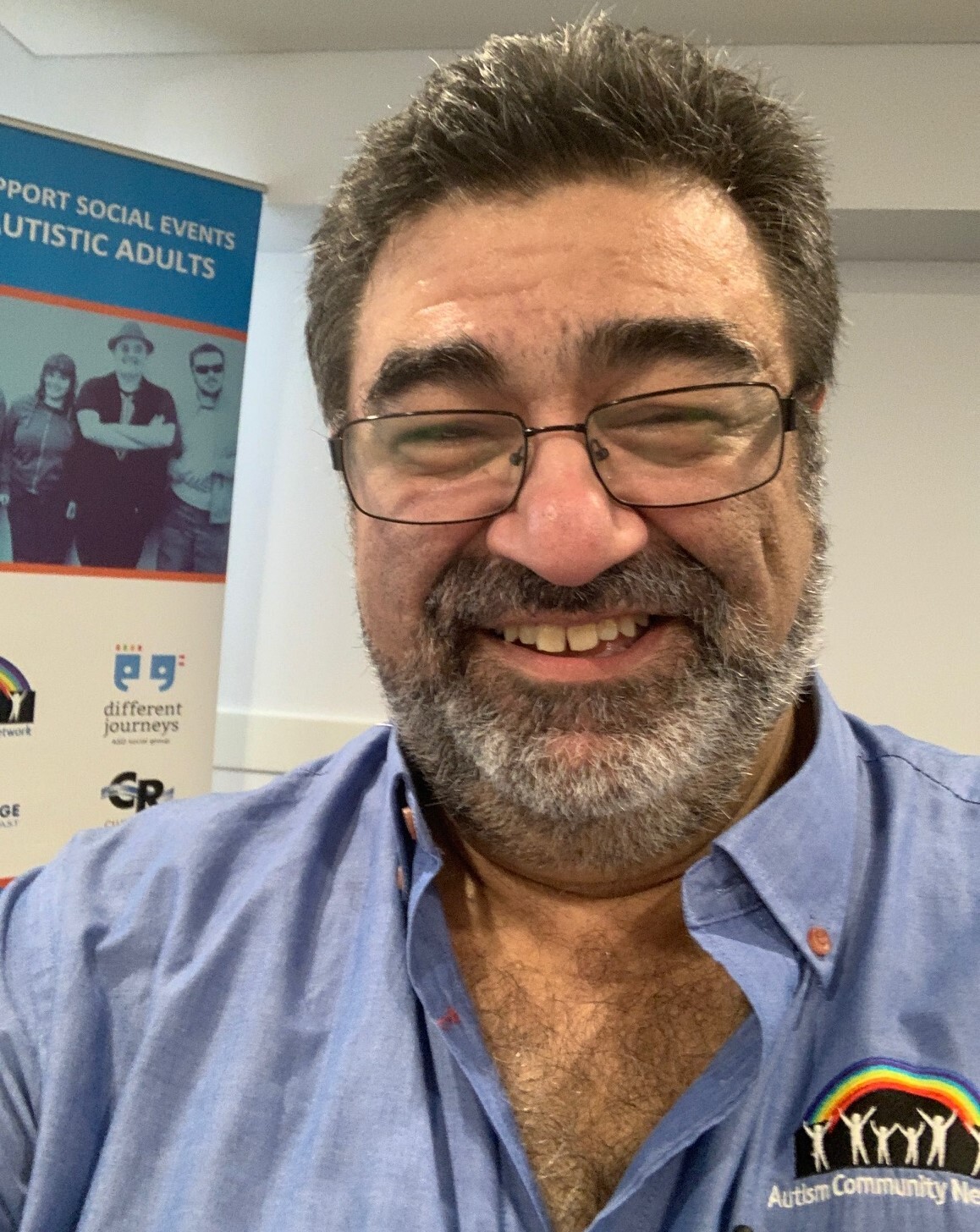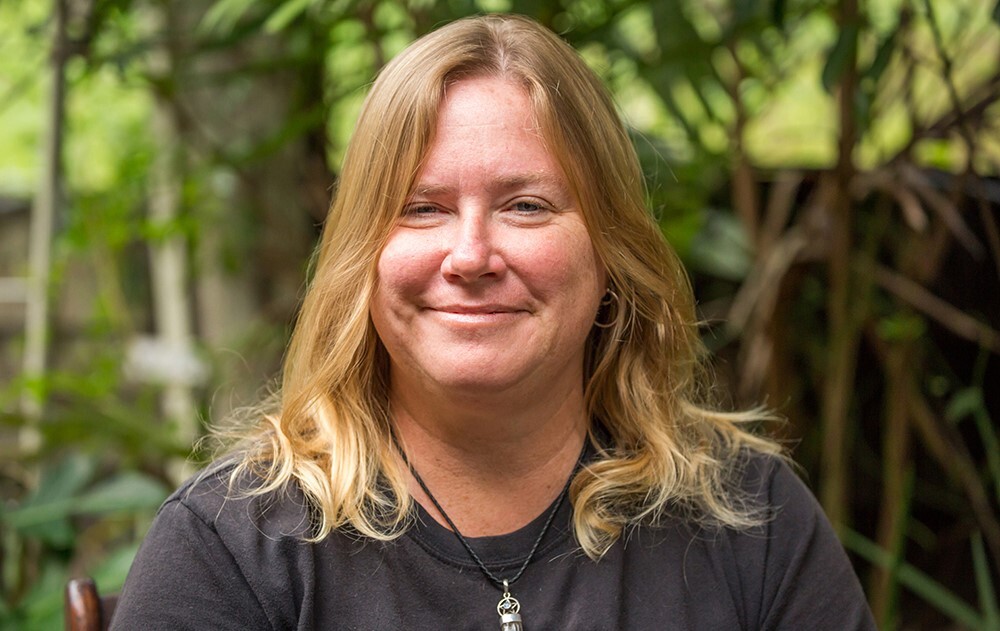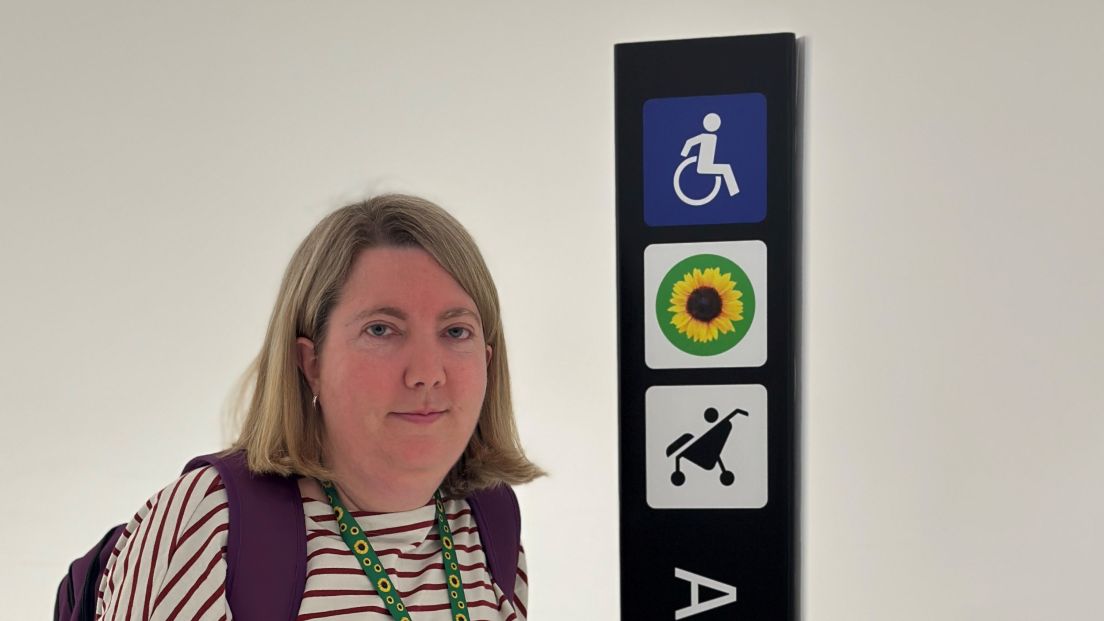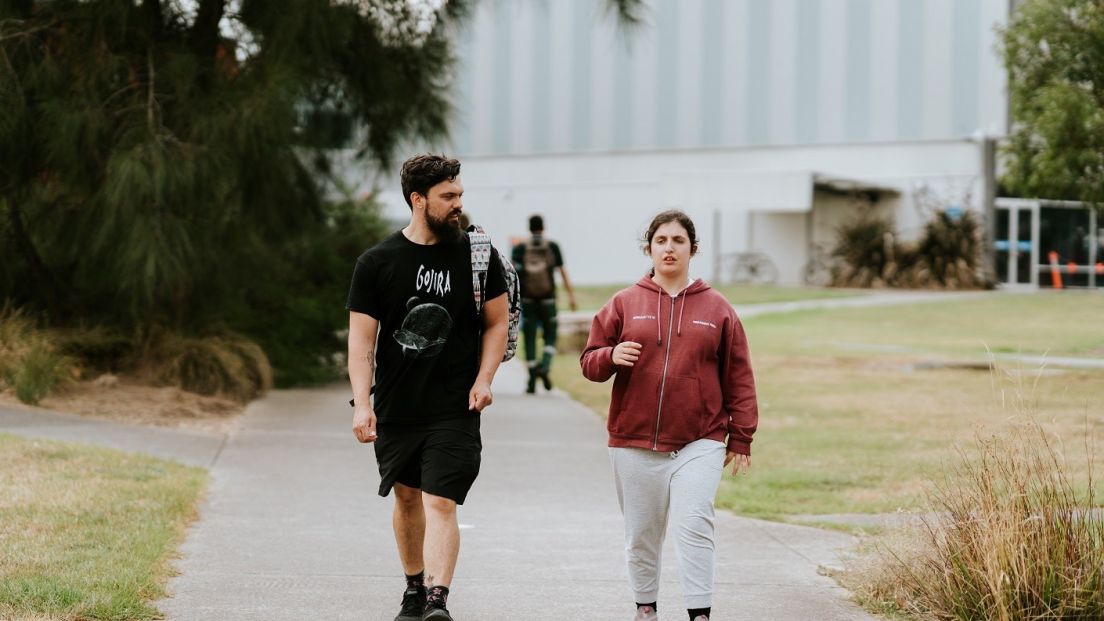You won’t know if someone is on the autism spectrum at a glance. Whether it’s at school, work or in social settings, people on the autism spectrum are often misunderstood and can experience discrimination and isolation. Despite this increased awareness, a fundamental lack of understanding remains on how people and built environments impact autistic people and what non-autistic people can do to support people on the autism spectrum.
The good news is that we can easily take steps to make the world more autism-friendly today. To shed more light on this topic, we reached out to autism advocates and community leaders, including two Autistic adults, to ask them the question:
What can an individual do to make the world more autism-friendly?
Shadia Hancock - Owner and founder of Autism Actually

For me, Autism-friendly means that environments and people I am accessing and interacting with have an understanding of Autism and are happy to discuss my unique needs. It means that I can use sensory supports to help me regulate, there are quiet spaces I can use if overwhelmed or need to relax. Fundamentally, autism-friendly means that autistic voices are supported and encouraged, and that we are truly included in the community.
Being an autistic advocate was largely motivated by wanting to share my experiences with the community and increase awareness and understanding about neurodiversity. I have also been openly autistic at my university and talked extensively with teachers, fellow autistics, and parents. I have also had the pleasure of being involved in focus groups centred around inclusion in educational settings, improving early identification of autism, and mentoring fellow Autistic students.
When an autistic person discloses their identity to you, one of the best things you can do is listen to us and learn more about what autism means to us. Try to avoid assuming what our experiences are. For example, comments like "You don't look autistic", "We are all on the spectrum" and "You must be high functioning", are quite dismissive.
We may use various forms of communication such as using augmentative and alternative communication (AAC), or prefer written over spoken communication (even for some speaking autistic individuals). We may need sensory supports like sunglasses, tinted lenses, and noise cancelling headphones. When interacting with an autistic person, take an interest in our passions. We also may have different ways of socialising such as monologuing; this is often the way we relate to others not necessarily a 'wrong' way of communicating.
Steve Drakoulis JP - CEO, Autism Community Network

To me, being autism-friendly means making the effort, however small, to make a person who is different, or their carer, feel that they are worth a genuine smile or a kind word of support. As an autism advocate, I regularly speak at events about autism awareness and inclusion, I work with organisations, clubs and businesses to promote inclusion in the community, and I create opportunities for Autistic people to show their abilities and potential.
Don’t presume that Autistic people will be deficient. When we meet someone new, we ask them what they do, what they’re into, what their interests are, in other words, their strengths. Focus or attempt to learn what autistics can do, you may be surprised.
Barb Cook M.Aut., Dip.HSc. - Autism and Neurodiversity Employment Consultant

https://www.spectrumwomen.com/
When pondering what autism-friendly means to me, it invokes a variety of situations that need careful consideration. Consideration on how to best support and to be genuinely inclusive to autistic people, and by creating environments that will foster compassion and understanding.
We all need to listen and take action when autistic people reach out for assistance. We need to listen to their concerns, be genuine in actively listening, validating and then acting upon how we can make change to our environment, to the way we communicate and the way we personally conceive how a situation should be.
We need to put our judgements aside and listen.
We can all make small adjustments here and there that help shift our ways of thinking and challenge us to consider not just what we want personally, but how we can be considerate of all people in a much wider scope. On a personal level, we can consider how we can create autism-friendly environments for our family and friends – a great way to start a conversation and to learn more from the autistic perspective of how challenging, difficult or overwhelming certain environments can be.
So how do we start this conversation?
Open a dialogue between autistic people, be genuine in your approach and then take action on how to make change. When you act on your words of compassion and understanding, you are gaining our trust, you become an ally and you become part of the change to challenge other people in being considerate to everyone’s needs. This can potentially filter through and contribute to much bigger and significant change in the workplace, at school, and within society. When we learn how to communicate and act with people we love and care about, it makes it so much easier to advocate for all autistic people.
It is up to each and every one of us to work towards making this change. Autistic people have been advocating for our own kind for many years. It is time for the community and society as a whole to step up, to listen and to act. If we all do this, just think how much we can achieve collectively. Autistic people have struggled for far too long in a world not designed for them.
Becoming autism-friendly is not as hard as you think. Be part of the change. Be compassionate, be understanding and act.
(A blog post originally published in February 2021)

